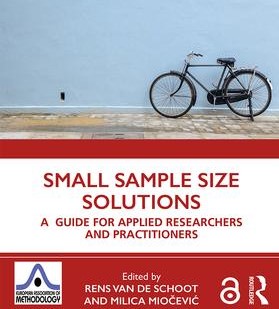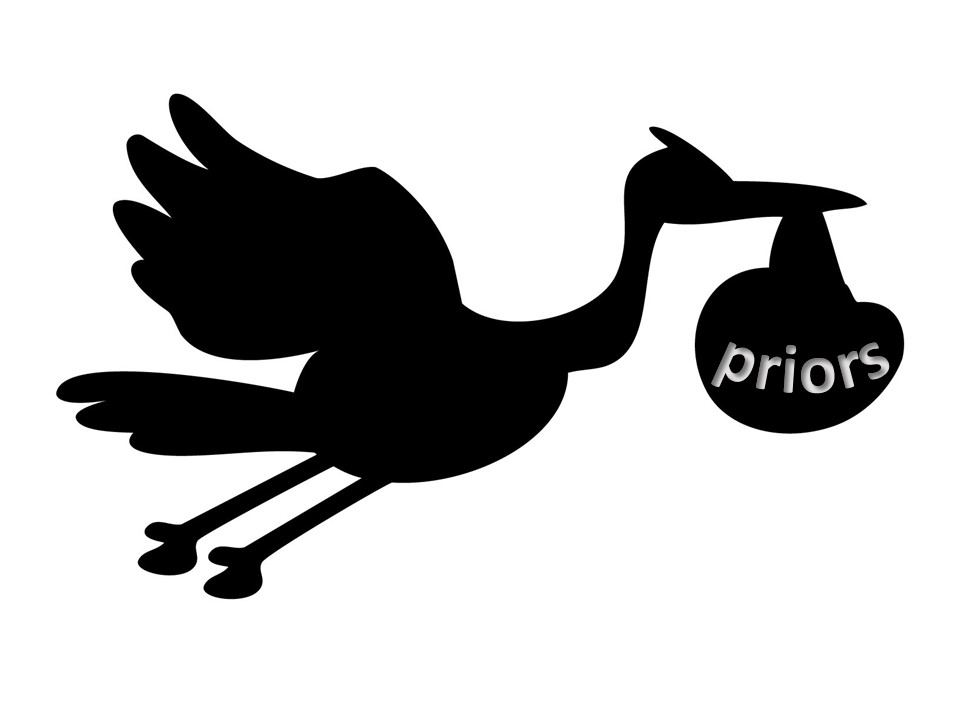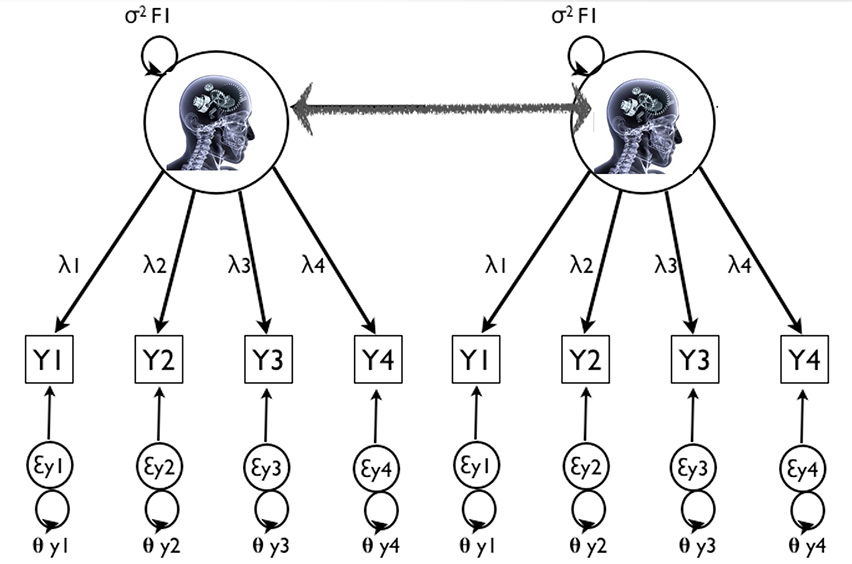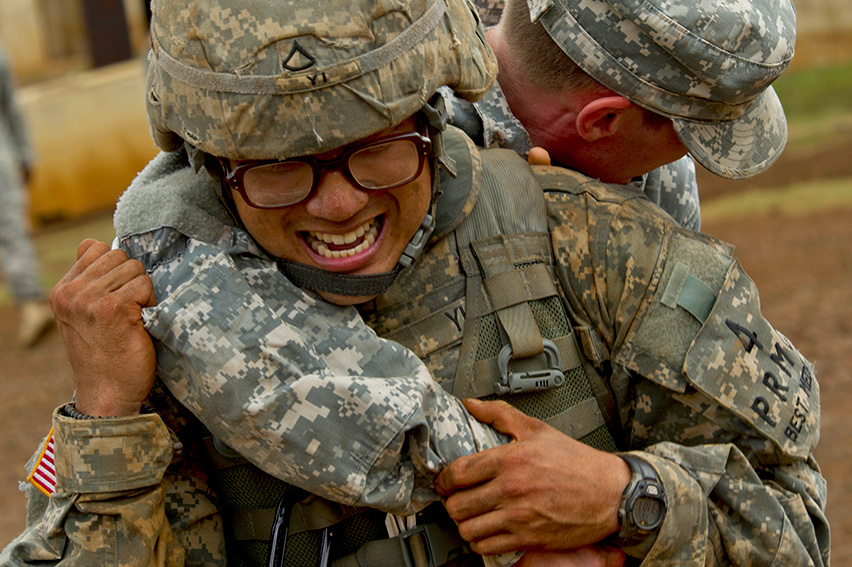Small Sample Size Solutions: A Guide for Applied Researchers and Practitioners.
This unique resource provides guidelines and tools for implementing solutions to issues that arise in small sample research, illustrating statistical methods that allow researchers to apply the optimal statistical model for their research question when the sample is too small.
Bayes with Informed Priors Based on Literature and Expert Elicitation
Bayesian Trajectory Analysis with Informed Priors Based on a Systematic Literature Search and Expert Elicitation in the field of Post Traumatic Stress.
Applying guidelines to construct informative priors in small sample research
The current paper demonstrates the usefulness of Bayesian estimation with small samples. In Bayesian estimation, prior information can be included …
Direct Aggression and Generalized Anxiety in Adolescence: Heterogeneity in Development and Intra-Individual Change
Co-occurrence of aggression and anxiety might change during adolescence, or stay stable. We studied change and stability of four types of co-occurrence regarding direct aggression and anxiety in adolescence: an anxious and non-aggressive type, an aggressive and non-anxious type, a comorbid aggressive-anxious type and a no problems type.
Measurement Invariance (book)
Multi-item surveys are frequently used to study scores on latent factors, like human values, attitudes and behavior. Such studies often include a comparison, between specific groups of individuals, either at one or multiple points in time.
Effectiveness, Mediators, and Effect Predictors of Internet Interventions for Chronic Cancer-Related Fatigue
This paper describes the design and analysis plan that will be used to study 2 Internet interventions aimed at reducing severe fatigue in cancer survivors: a mobile ambulant activity feedback therapy supported through a weekly email by a physiotherapist and a weekly Web- and mindfulness-based cognitive therapy supported online by a psychologist.
Social Influence Interpretation of Interpersonal Processes and Team Performance Over Time Using Bayesian Model Selection
The team behavior literature is ambiguous about the relations between members’ interpersonal processes—task debate and task conflict—and team performance. From a social influence perspective, we show why members’ interpersonal processes determine team performance over time in small groups.
Experience of traumatic events disrupts measurement invariance of a posttraumatic stress scale
Studies that include multiple assessments of a particular instrument within the same population are based on the presumption that this instrument measures the same construct over time. But what if the meaning of the construct changes over time due to one’s experiences?
The effectiveness of a proactive coping intervention targeting self-management in diabetes patients
The study’s aim was to investigate psychological, behavioral and medical long-term outcomes of an existing self-management intervention targeting the development of proactive coping skills (e.g. goal setting and identifying barriers) in type 2 diabetes patients.
Guilt in Bereavement: The Role of Self-Blame and Regret in Coping with Loss
Despite the apparent centrality of guilt in complicating reactions following bereavement, scientific investigation has been limited. Establishing the impact of specific components associated with guilt could enhance understanding.
What Took Them So Long? Explaining PhD Delays among Doctoral Candidates
A delay in PhD completion, while likely undesirable for PhD candidates, can also be detrimental to universities if and when PhD delay leads to attrition/termination. Termination of the PhD trajectory can lead to individual stress, a loss of valuable time and resources invested in the candidate and can also mean a loss of competitive advantage.













